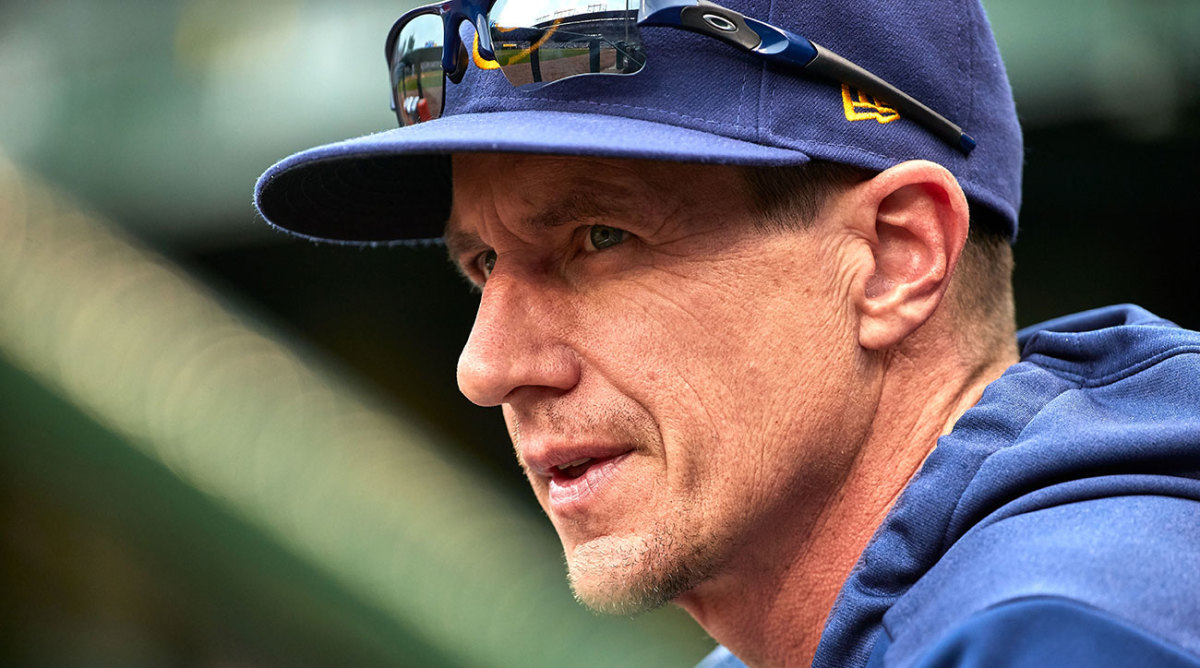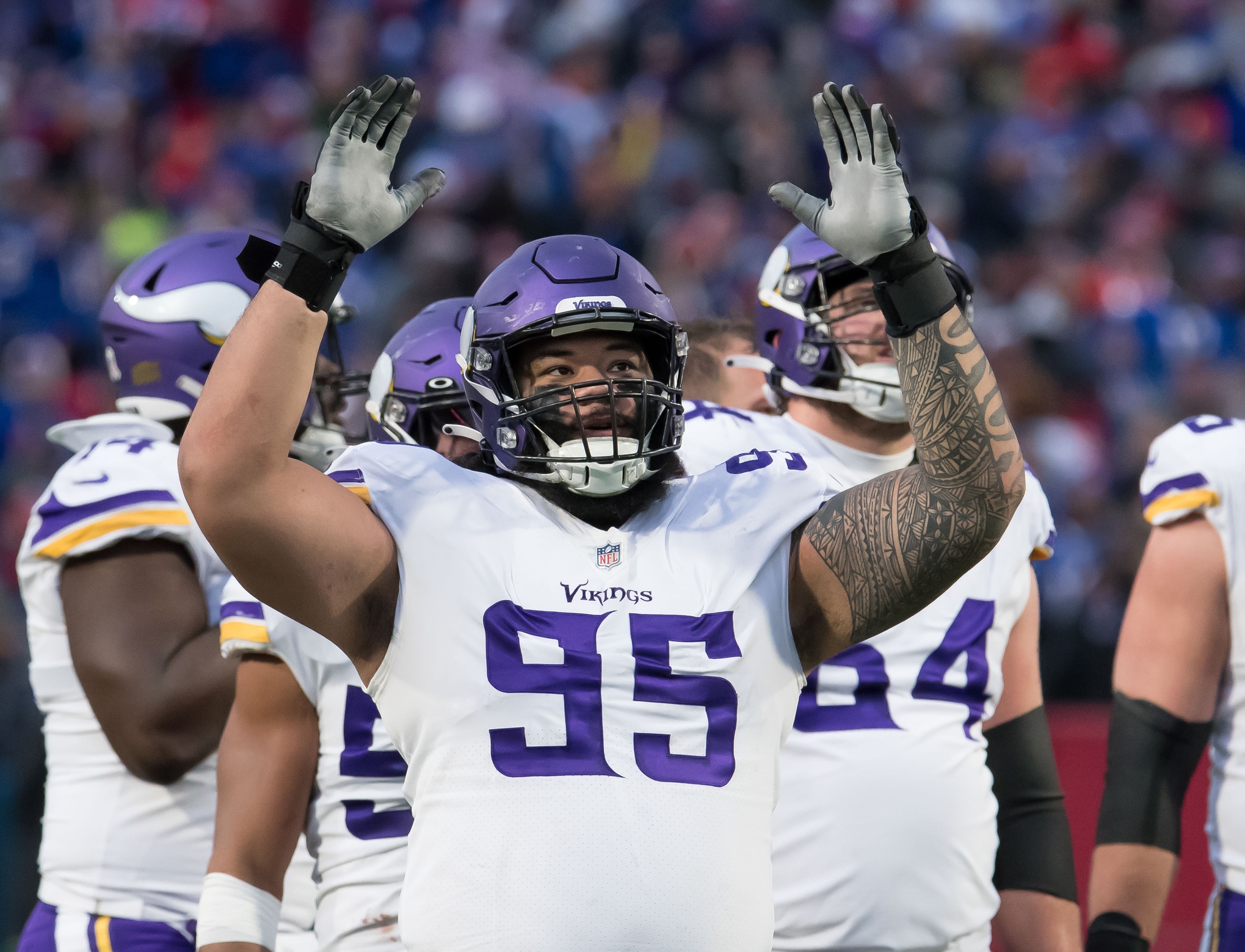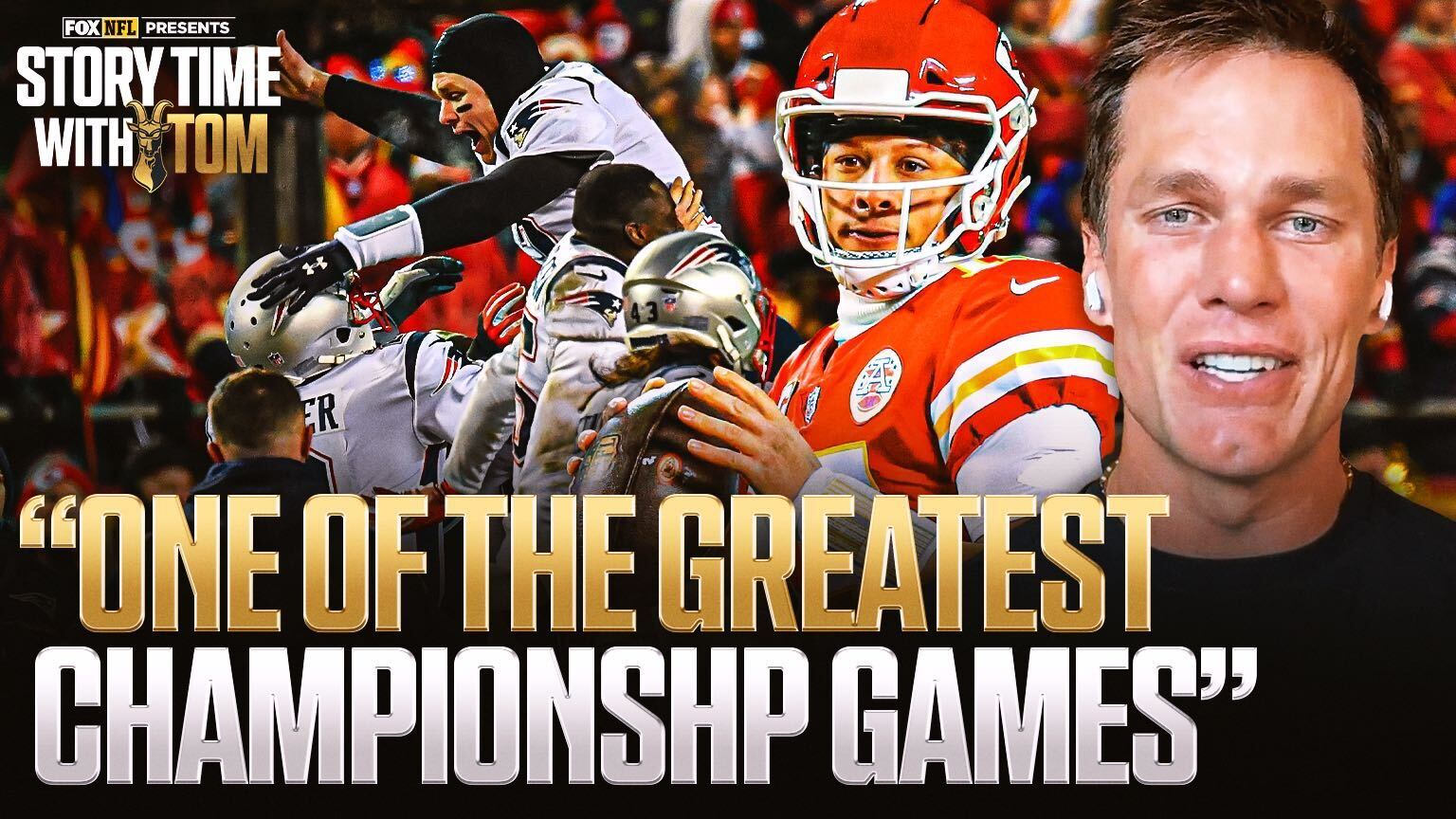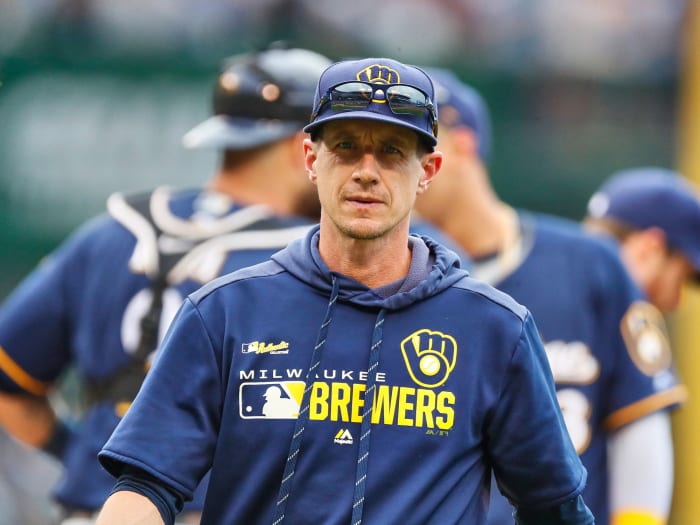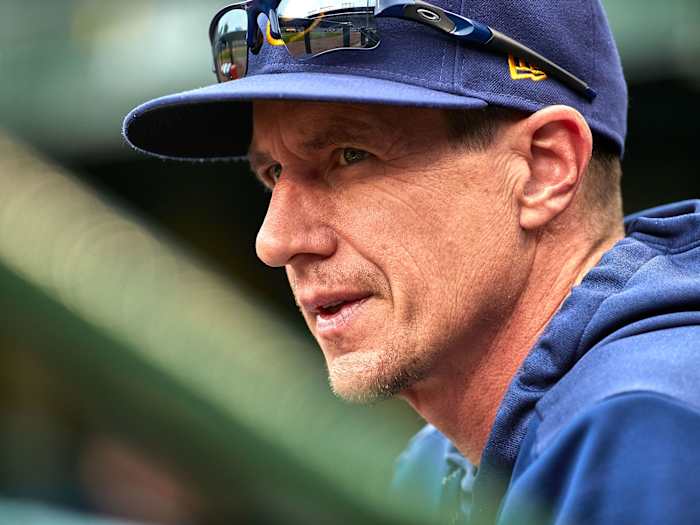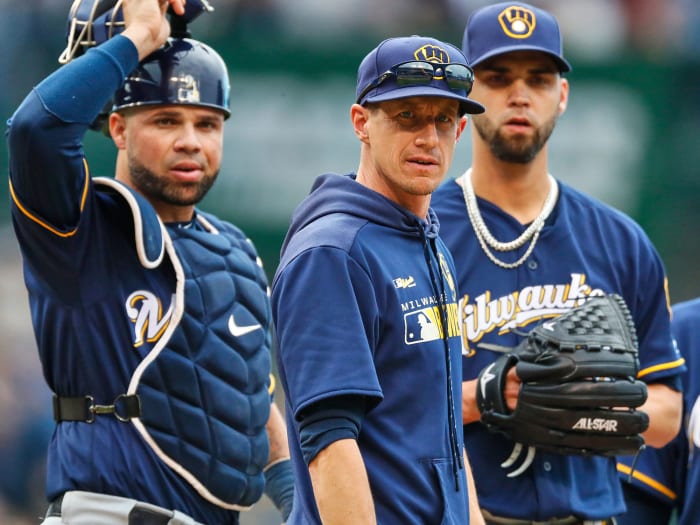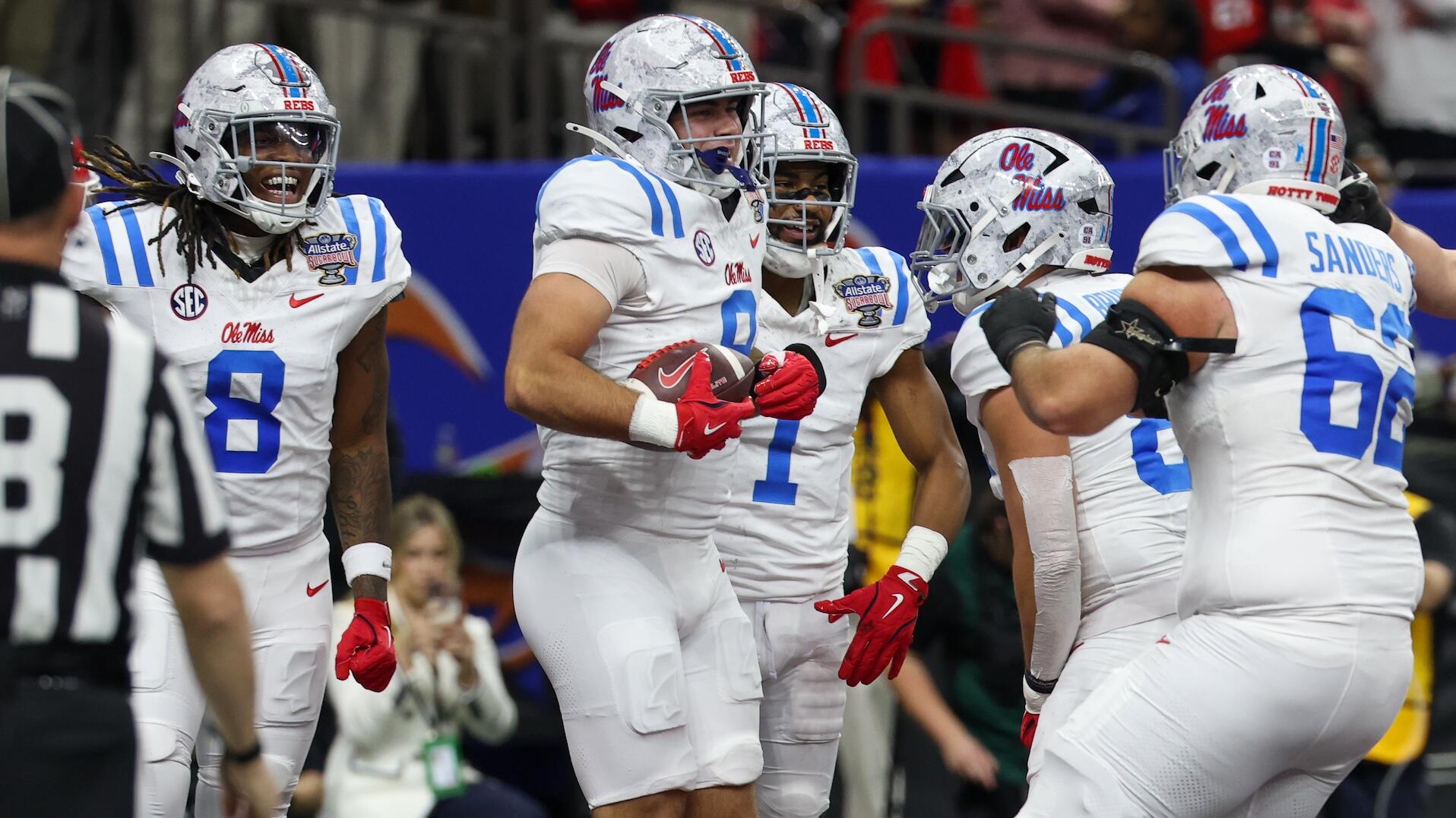Milwaukee Brewers manager Craig Counsell is to a roster and nine innings what a manual juicer is to an orange: whatever is in there he will wring out, even if it creates an aesthetic mess. Over the past three years no National League team has received fewer innings from its starting pitchers, which used to be a recipe for failure, but for Milwaukee it means two playoff appearances and three straight years with 86 or more wins, tying a franchise-best run.
Now stand back and tighten your apron, because the mad chef of Milwaukee is about to create another beautiful mess.
Think of this improvised baseball season as a bake-off among managers. Among their new rules of engagement: a short training camp, a 30-man roster for the first two weeks, extra innings that start with a runner at second base, a three-batter minimum for mid-inning relievers, a DH in the NL, and a 60-game season, which prioritizes running games with urgency.
Managers are being put to the test. No manager is better equipped to leverage such changes than Counsell. Why?
“The greatest quality he has is that he is undeterred,” said Brewers bench coach Pat Murphy, who also was Counsell’s coach at Notre Dame. “He will do what he thinks is right. Period. …If it means a veteran like Ryan Braun is not happy about not being in the lineup, he’s not going to change his mind if he thinks it’s the right thing to do. Most managers don’t operate that way.”
Counsell is the guy who once pulled his starting pitcher after one batter of an NLCS game (now illegal), who has made at least one pitching change in 416 consecutive regular season games, and who last year used 159 different lineups in 162 games and who led all managers with 11 two-inning saves.
Oh, and this year, as if to heighten the degree of difficulty while juggling chainsaws, he has a dozen new players on his roster and must preach COVID protocols to his players as much as he does cutoffs and relays.
“Our first goal was just to make friends in spring training the first time,” Counsell said. “I think we had already done that when we started up again. Now we talk about how the circumstances connect us in a really deep way. We’re all depending on one another to make this work, just from a health perspective.
“It’s also kind of funny that there is less going around the team, so that you rely on each other a lot more. It’s like our group, if you want to say it this way, is in its own bubble.
“I haven’t been thinking about the season too much. I’ve been thinking about health issues more than anything–COVID and physical health. I’ll figure out the season when we get to it next week. Right now on a daily basis I think about how we have to get the health stuff right.”
Suffice to say, Counsell will use the incremental 30-, 28- and 26-man rosters the way Jackson Pollack would a sale on paint. He is in his element. The results are inarguable. Over the past three years Milwaukee is the best team in baseball at outperforming its expected record based on runs scored and allowed (+14 wins), it is the best team in one-run games (85-59) and it is the best team in the league in September, the traditional month of expanded rosters (56-26).
Finding incremental edges is enormously important for Counsell and the Brewers, who despite playing in baseball’s least populated Combined Statistical Area (about 2 million people) have played just one meaningless game in the past three years. Milwaukee was eliminated in Game 161 in 2017, clinched the NL Central title in Game 163 in 2018, and sealed the wild card in Game 162 last year.
One of the ways Counsell finds those edges is in his creative use of pitchers, or as he calls them to account for their amorphous roles, “out-getters.” The Brewers have only one pitcher who has thrown 150 innings in a big-league season, and that is oft-injured Brett Anderson. But Counsell can mix and match roles for versatile arms such as Brent Suter, Freddy Peralta, Josh Lindblom and Corbin Burnes while giving steady if abbreviated work to starters Brandon Woodruff and Eric Lauer.
“When you get more players [on a roster] it should help you,” Counsell said. “For us I think we have a good number of pitchers lengthened out. It can help us get through stretches of lineups. Maybe it’s not the one guy who’s going to go 100 pitches, but it’s about seven or eight guys who can get outs and are lengthened out. It’s almost like having two starters in a game.”
That same gig-economy philosophy applies to how Counsell will deploy the DH. While many observers have speculated the role is suited for Ryan Braun, Counsell has a shared system in mind.
“The position players will be challenged right off the bat,” Counsell said. “Playing nine innings daily after a quick run up and not having their legs underneath them is a challenge. We’re going to be running guys through the DH spot … [Christian] Yelich, [Avisail] Garcia, [Keston] Hiura … it’s how you keep them fresh by still having their bat in the lineup.”
One familiar move Counsell will not be able to make is to drop a specialty reliever into a game mid-inning to face one or two batters. He did that with Alex Claudio 29 times last year, second most among NL relievers. In a rare, ham-handed intrusion into the strategy of the game, MLB decreed such relievers now must face at least three batters (unless the pitcher gets the third out of the inning).
“Look, I think we have to be careful about how we continue to just limit things,” Counsell said. “I think rightfully baseball is trying to address the pace of game issue. I would hope we do it in a way that doesn’t affect the game strategically and tactically, and that it gives players, not just managers, the ability to showcase a bunch of different skills because I think that’s important.”
Counsell was born in Whitefish Bay, Wis., in 1970, the same year the Milwaukee Brewers were born, which means both turn 50 this season, which seems a clerical error when you see the preternaturally youthful Counsell still at his playing weight, rocking a hoodie and maintaining in his walk that distinct bounce off the balls of his feet.
Counsell has made a career out of defying numbers. Unrecruited, he followed his father, John, to Notre Dame. Murphy knew the competitor he had on board one day when as a freshman Counsell was taking grounders at second base. The ball took a bad hop and smashed him in the face, breaking his nose and pushing it to an awkward angle. Support personnel rushed him to a hospital.
“Two hours later,” Murphy said, “I look up and he’s back at practice, all bandaged up. He just shows up and gets right back in line taking grounders at second base.”
An 11th round pick, Counsell played in the majors until he was 41, finally bowing out after a season in which he endured an 0-for-45 stretch as a bench player with the 2011 Brewers.
“I felt bad for the manager, I did,” said Counsell, referring to Ron Roenicke, now the Red Sox manager. “Look, I was miserable. I always felt my job … it wasn’t necessarily that important that I played good on that team. What was important was that our really good young players played good. So how I reacted to it was really the most important thing.
“You try to get hits, but I thought what Prince Fielder thought of how I handled it was really important to me. You take that same trait now as a manager. It doesn’t mean you’re perfect, man. Sometimes you lose your cool. But you try to handle it right.”
Upon retiring, Counsell took a job in the Brewers’ front office under GM Doug Melvin. In May 2015 Melvin asked Counsell to replace Roenicke as the team’s manager. Four months later, David Stearns was hired to replace Melvin. During the interview process Stearns asked around baseball for opinions on Counsell. What he heard convinced him to stick with the manager he inherited.
“The constant feedback was that he was in incredibly intellectually curious guy,” said Stearns, who last winter extended Counsell’s contract through 2023. “He has this edge about him because he’s an intense, competitive guy. But underneath that he’s incredibly curious, and that really intrigued me. Let’s face it, you don’t hear that a ton among baseball people–someone being described as curious. That’s the term I got fairly regularly.”
Just five years later, Counsell is the longest tenured manager in the NL, and fourth longest overall. Ten teams changed managers this offseason (the Mets did so twice), and 17 over the past 20 months. Teams increasingly emphasize the ability to connect with players and fluency in analytics above experience. Counsell gave an example of how quickly the job has changed: his first spring training staff meeting, in 2016, consisted largely of him and “seven or eight coaches.” For the same meeting this year 45 people filled a room at their Arizona training complex.
“I actually think with all the information we have right now and all the decisions we charge managers with in-game, the role of the manager is more important now than it’s ever been,” Stearns said. “It’s much harder. In an era when you expected your starting pitcher to go seven or eight innings the manager could basically take the first four, five or six innings off.
“Craig has to manage literally from pitch 1. That’s partially from how the game is run right now, but it’s also because of how we have constructed our roster and our pitching staff. Here in Milwaukee the job takes on added importance.”
In managing 11 postseason games Counsell never has allowed a starting pitcher to throw six innings or face more than 21 batters. In the wild card game last year against Washington he tag-teamed four pitchers to wind up with his closer, Josh Hader, on the mound with a 3-1 lead and two outs in the eighth inning. The Nationals scored three times to win, 4-3.
The game flipped in such a short amount of time–“We went from winning to losing in eight or nine minutes,” he said–that he remembers walking to the clubhouse being unprepared for addressing his team.
“I failed at that,” he said. “Probably what stings is that the game went to script for us.
“Then … baseball happened. And you’ve got to live with it. Hopefully you’re in it long enough and give yourself enough chances and you get those breaks in one of those games. I was on the other side of it, too.”
As a player Counsell was 4-0 in winner-take-all games. He was in the middle of winning rallies in the last two World Series decided in walk-offs: 2001 with Arizona and 1997 with Florida.
The Brewers never have reached the postseason three straight years. To bring them back to their usual last-weekend relevancy, Counsell with have to knit a bevy of new players into his unorthodox system, including pitchers Anderson, Lindblom, Lauer and David Phelps, catcher Omar Narvaez, infielders Luis Urias, Justin Smoak, Logan Morrison, Eric Sogard, Brock Holt and Jedd Gyorko and outfielder Garcia.
“Our challenge this year is connecting the group again and having to start over with a number of new faces,” Counsell said. “We still have a great group of core players here. Now I know we’ll be successful at it because of guys like Ryan Braun, Lorenzo Cain and Christian Yelich. They do as much if not more than I do. That’s what’s important with so many new faces.”
Expanded rosters and bullpen usage could depress offense, though Counsell said, “I kind of go the other way to be honest. I still think if you can get to the back of teams’ pitching staffs you can score runs. And you will get to the back of team’s pitching, especially early in the season. We have to be so careful with pitchers. Even your best late-inning arms, how much are you going to use them? I don’t think you can use them a lot early.”
Dodging COVID, new rules, a short season … in many ways this is the most unpredictable and unconventional of baseball seasons, which is to say it perfectly suits Counsell and his Brewers.
